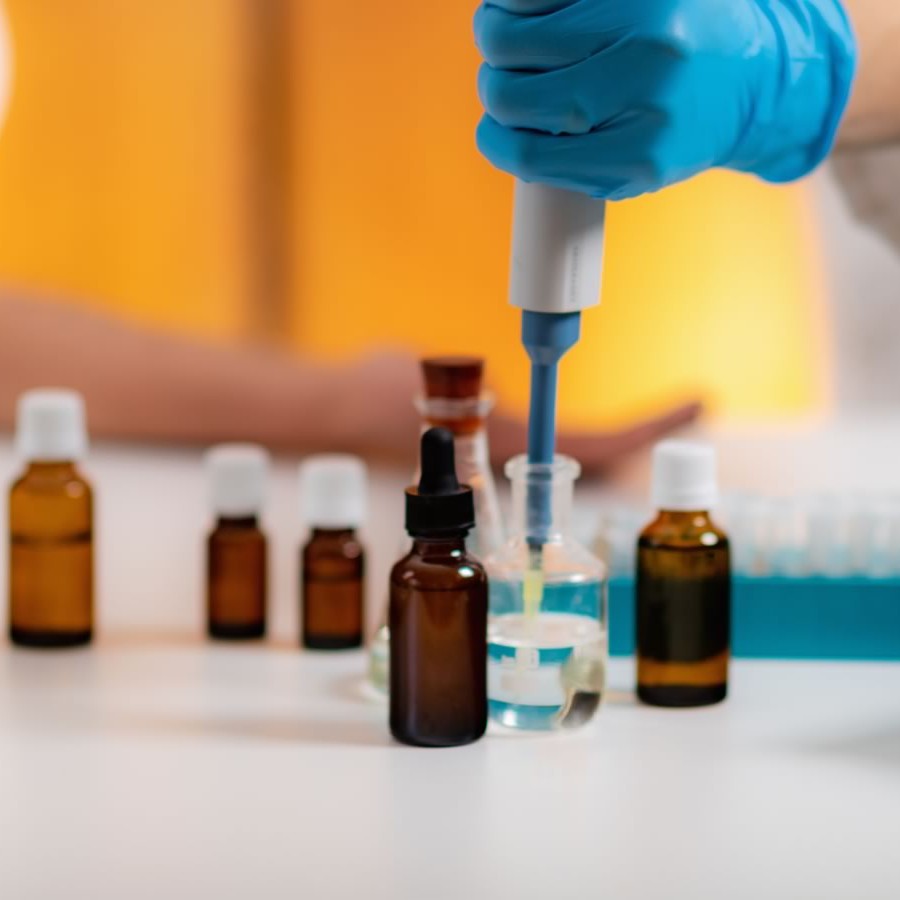Private-equity firm Serent Capital has acquired an ownership stake in United Allergy Services (UAS).
That deal is expected to give San Antonio-based UAS more financial muscle, a greater diversity of operational expertise and an ability to pursue more growth opportunities nationally.
It’s not clear just how large of a share of the company San Francisco-based Serent Capital has acquired. But UAS officials say the transaction is valued at more than $50 million.
“One of the primary reasons for us to entertain the transaction was to create a more rational and diversified (ownership) base for the company,” says UAS CEO Nick Hollis.
Previously, UAS’ ownership was heavily concentrated among a few individuals. “Now, we have more people with a stake in the company,” Hollis adds. In the wake of the transaction, UAS management also controls more shares in the company than it did prior to the deal, Hollis says.
UAS was founded in 2009 as United Allergy Labs, but changed its name in February to better reflect its role as a health-care service provider. The company contracts with primary care physicians, setting up allergy labs in their offices where patients can be tested for allergies and receive proper immunotherapy drugs.
There are currently about 60 million people in the United States who suffer from allergies, but fewer than 3,000 practicing allergists, according to Hollis.
“There are just not enough people to handle the onslaught of allergies,” he adds. “Our goal is to penetrate that marketplace. Even a small penetration into that marketplace would make us an incredibly large business — and a very profitable business.”
Extensive Rolodex
With the investment from Serent Capital, UAS believes it can significantly expand its presence in the allergy arena.
Serent Capital officials are equally optimistic about the future.
“From our side, there is a massive, under-served market,” says Serent Capital founding partner David Kennedy about the growing population affected by allergies. Serent Capital’s principals have extensive experience in the health care and financial arenas.
Hollis says Serent Capital’s leadership will work with UAS to draft a game plan to grow the company. That plan will include contracting with more physicians in more states.
Currently, UAS contracts with about 1,000 physicians nationally, providing them with the training and support necessary to more aggressively test and treat patients for a variety of allergies.
Hollis says the plan is to have contracts in place with 1,200 to 1,500 physicians by the end of the year.
“We ended up choosing Serent Capital because they have done some things that we really like, that we feel will be very useful to the company moving forward,” Hollis explains. “They certainly have the health care experience, but they are also very focused on services.
“They can provide us with a lot of financial and business consulting,” he adds. “Most of their founders and their senior leadership are ex-consultants, and we were very interested in getting that level of expertise onto our board.”
That experience will come into play as UAS looks to grab a larger share of the allergy treatment business.
“They have quite an extensive Rolodex — not only for health care, but also for the investment community,” says Hollis about Serent Capital. “They bring us relationships in health care and relationships in the financial and equity community.”
Scratching the surface
A 2009-2010 study by the American Academy of Allergy Asthma and Immunology found that an estimated 5.9 million children in the United States have some sort of allergic reaction to foods — up from
approximately 3 million children in 2007.
There were more than 13 million physician visits nationwide in 2010 because of allergic rhinitis, caused by dust and dander, for example, according to academy officials.
The findings in a new study by the academy indicate that the hospitalization rates in the United States for angioedema — swelling in the deep layers of the skin commonly seen with hives — nearly doubled between 2000 and 2009.
“The increase in U.S. hospitalizations for angioedema can be partially explained by adverse drug reactions,” according to Dr. Robert Y. Lin, author of the new report. But Lin adds that the cause of the angioedema in “most of these inpatients” is still unknown.
UAS generated revenues in excess of $25 million in 2011, according to Hollis. He says the projection for 2012 is roughly double that amount. “Right now, we have a presence in 19 states,” says Hollis about UAS’ current reach. “With 350,000 primary care physicians out there (in the U.S.), there is a tremendous amount of work that we can do, even in our existing footprint, to expand our business.
“We want to be in all the states where allergies are a problem,” Hollis adds.
UAS will look for some assistance from Serent Capital to meet that goal. “It’s important that we would have a private equity firm that did significant due diligence on us and wanted to take an equitable stake in the business,” Hollis says. “They liked the space we are in, the future of the business and the size of the marketplace.”
Serent Capital’s Kennedy says it helps that UAS already has strong leadership in place, capable of pursuing some serious growth opportunities.
“We believe UAS is only scratching the surface,” Kennedy explains. “There is an opportunity for geographic expansion.”
United Allergy Services Headquarters: San Antonio CEO: Nick Hollis Online: unitedallergyservices.us New ownership: San Francisco-based Serent Capital has acquired a stake in the company.
###
By W. Scott Bailey
April 27, 2012
bizjournal.com
You may also be interested in . . .
United Allergy Services Featured in Fujitsu Case Study
We are happy to share that United Allergy Services was recently featured in a Fujitsu case study highlighting how we achieve precise inventory tracking…
Allergy Testing Kits & Immunotherapy from UAS: A Flexible Solution
Adding allergy care allows healthcare providers to address a common patient need and create a new income stream within the existing framework of their…
MySA story highlights United Allergy Services’ role in the allergy space
In July, United Allergy Services was featured in a story on mySA.com. The first section of the article, titled "How immunotherapy is changing lives for…


